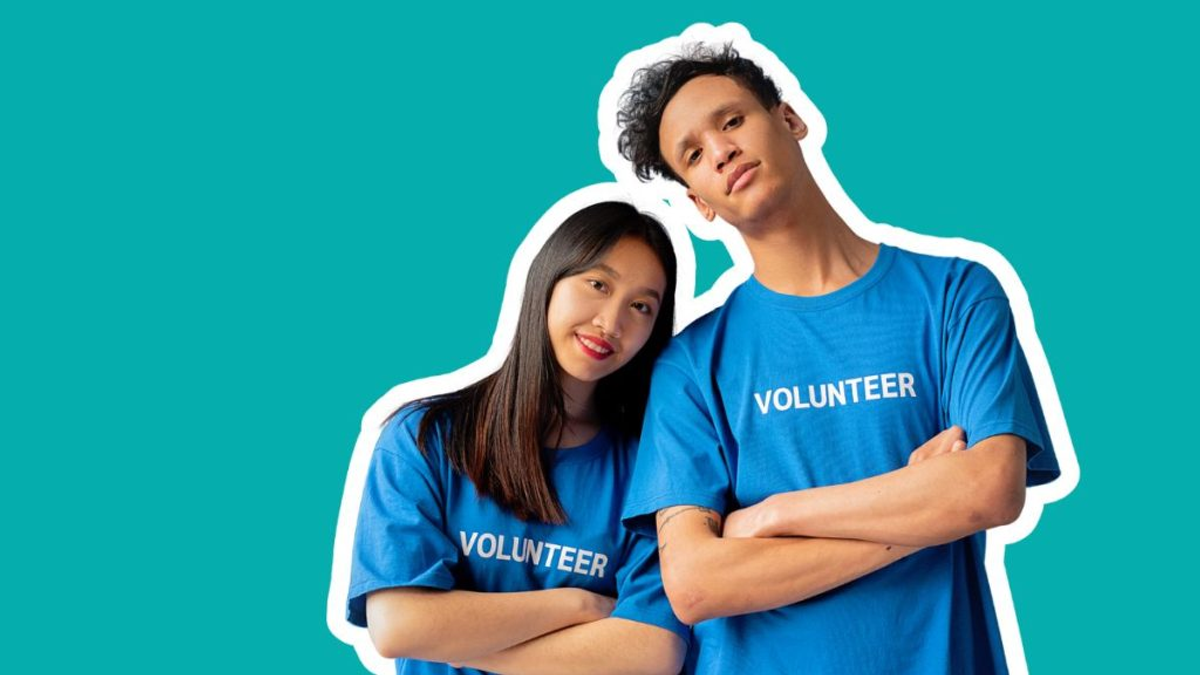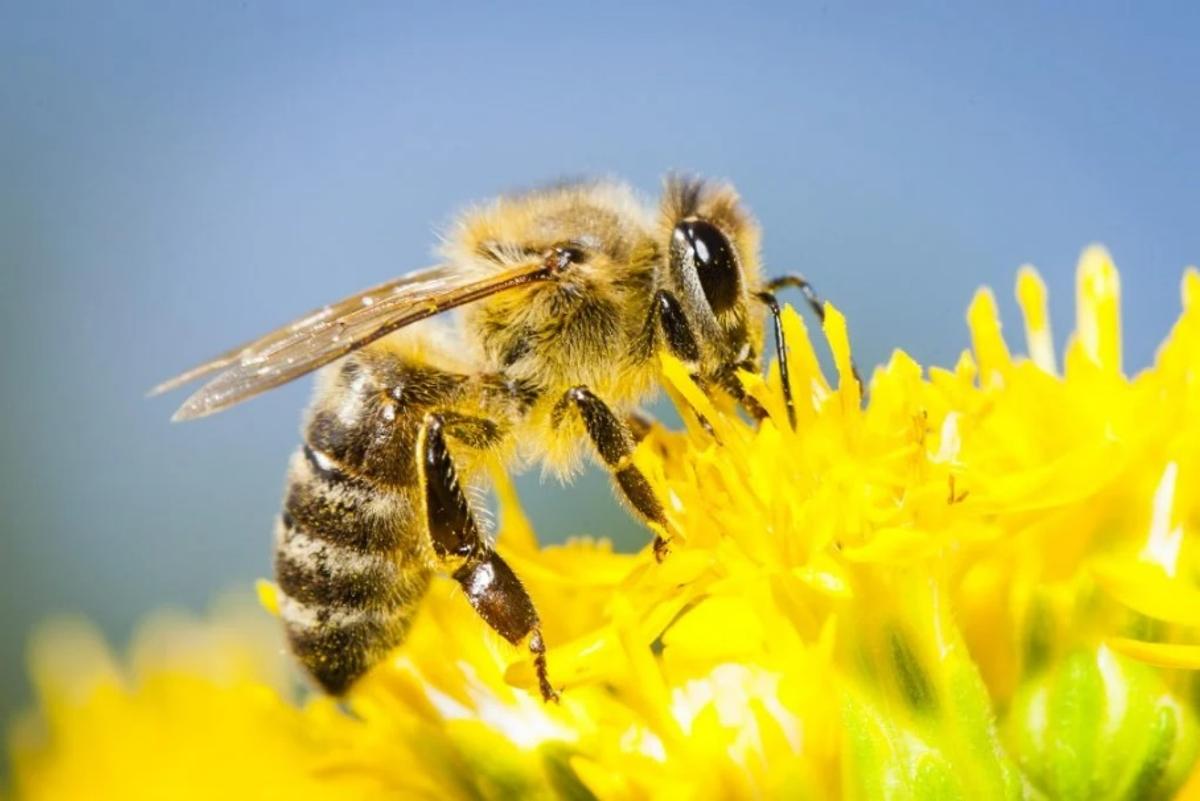Careers Update

Dear EMC Community,
My name is James Champion, and I am a current Year 10 student here at EMC.
I am excited to share with you all about my experience in developing my future career in the aviation industry. Since December of 2023, I have been learning to fly at the Peninsula Aero Club, based at Tyabb Airport.
Throughout my training, I have accomplished many things, such as my first solo circuit, and my first area solo, which consisted of a lap of French Island.
The skills I have developed and mastered have also assisted me in my studies at school, such as, communication with peers and teachers, collaboration and organisation.
My passion for aviation has soared, and I highly encourage anyone interested to take the first step in their passion to fly. Although it may be an expensive endeavour, the hard work and reward from learning to fly really does pay off. If you have any questions about how to begin your journey or develop your passion, don’t hesitate to ask!
The skills you could learn from work experience;
If you’re contemplating getting some work experience, you might’ve read that most of your time will be spent observing. Understandably, you might be a bit confused about the skills you could be taking away from your work experience placement.
Well, not all work experience will be watching and learning (and even it is, at least your observational and note taking skills will be top notch by the end of it). In reality, you’ll probably be leaving your placement with new or improved technical skills that are specific to each job or industry. Let’s take a look at what some of these skills are.
Skills you’ll learn from work experience
There’s way more to work experience than you might realise. In fact, just applying for a position and turning up will guarantee that you have demonstrable talents to add to your resume. Here are just a few examples of skills you’ll need at work and that you could develop during your work experience placement.
Problem-solving
You won’t be expected to solve any big problems on your placement, but finding solutions to how you’ll get there each day, arrive on time, and organise your day are still all examples of this skill.
Time management
Arriving on time, knuckling down, and getting tasks done are all a part of building this valuable skill.
Communication
Having to work closely with your supervisor, other employees, and customers means both your verbal and non-verbal communication skills will get a workout. In addition to honing your communication talents, you might find that your active listening, collaboration, and diplomacy abilities are improved too.
Teamwork
Working well with other people, listening to them, following instructions, engaging, and adding value in the workplace are all demonstrable teamwork skills, highly desired by most employers.
Professionalism
This includes looking the part, taking the job seriously, trying your best, and using appropriate language.
Networking
Have you heard the phrase “it’s not what you know but who you know”? Well, it’s very true in many aspects of life, so learning how to network could open up lots of opportunities for you.
Business etiquette
Knowing how to write professional emails, the best way to answer the phone, when to step back from a situation, and how to remain professional in all situations are invaluable when you’re looking for paid work.
Initiative
If you finish a task and your supervisor is busy, wash up the mugs, do some filing, or ask around if there’s another job you can do to help out – just be proactive. Also, let your employer know if you have an idea about trying something new or different that could help get the job done.
Work ethic
Don’t complain, don’t slack off and take advantage of the fact you’re not at school, don’t take excessive breaks, and don’t spend time on your phone. Do try your best, give everything a go, and ask for help if you need it.
Willingness to learn
Be enthusiastic, show you’re ready to listen and learn, try new things, follow instructions, and don’t be a know-it-all.
Computer, technical, and practical skills
You probably already have a great understanding of technology, but using it in a workplace environment, and using new programs, software and equipment will only expand your knowledge.
Customer service
Dealing with the public isn’t always easy, so learning how to handle tricky situations, keep customers happy, or just provide people with the information they need is a great skill to have in any industry.
Confidence and self-esteem
These might not sound like typical workplace skills, but they’re really important as you go through life. They’ll help you reach goals, take opportunities, challenge yourself, and ultimately help you move forward.
To get the most out of work experience…
Ask lots of questions at your placement to maximise the benefits from being there. Your employer and colleagues recognise that you’re there to learn, so don’t feel embarrassed or that you’re annoying them.
If appropriate, take a notebook and write things down as you go. You might think you’ll remember all the important stuff, but knowing it’s all written down is great peace of mind.
Once your placement is over, think about the skills you gained from your experience and make sure you add them to your resume or portfolio.
7 ways volunteering can benefit you!
Volunteering your precious free time to help worthy causes is a really noble undertaking. You won’t earn big bucks, but there are plenty of other ways that becoming a volunteer could be of value. In celebration of National Volunteer Week, we’re going to take a look at some of the ways volunteering can benefit you.
Learn new skills
No matter where you decide to volunteer, there will always be an element of learning and training. While the skills may seem basic or trivial, they could be essential building blocks for future careers.
For example, if you’re collecting, organising, and distributing donations from school fundraisers, you might be learning more than you think about finances, budgeting, and inventory. These skills are useful in almost all jobs – not to mention how they can help in your day-to-day life too.
Then there are the other skills that you might not even realise you’re building, like communication, teamwork, independence, problem-solving, and customer service – the list goes on and on.
Give your resume a boost
Adding a few more lines to your resume can never hurt. Showing commitment to community efforts, or any kind of voluntary work, will speak volumes about your personality to potential employers. If you’re happy to keep showing up without getting paid, this shows you’re dedicated and motivated; qualities that any employer will look favourably on.
Help you stand out in admissions
When you’re applying for further study, chances are you’ll be up against a lot of other applicants. Some might have higher grades than you, and some may have relevant work experience.
So how will you stand out? What you choose to do outside of the classroom could make all the difference.
Volunteering is a great way to show you care about others, and that you can manage your time well enough to balance your volunteer work with your other commitments.
Form connections
Volunteering is a great way to meet people you wouldn’t have encountered otherwise. Those people could become friends, mentors, or your inspiration. The more you get involved with projects outside your school, the wider you’re casting your net. You’ll end up with more contacts that could be helpful in providing you with paid work, work experience, or references.
If you already know what you want to study after school, try finding volunteer opportunities in those areas. For example, if you’re interested in politics, see if you can volunteer with your local politician. There’s every chance your volunteer experience could help you in your future endeavours.
Grow as a person
When you’re at high school, chances are you’re operating within a fairly limited social circle. You’ll be engaging with your family, school friends, teachers, and possibly a few friends outside of school.
Volunteering can introduce you to new situations and ideas – potentially really different to what you’ve known up until now. This could:
- Increase your confidence
- Teach you to communicate more effectively with different people
- Help you become a better listener
- Encourage you to explore your personal strengths and weaknesses
- Make you more aware of and active about social justice issues
Improve your health
Studies have shown that volunteering could contribute to improved mental and physical health. Increasing your physical activity, providing a sense of purpose, kicking goals, achieving good things, and helping others solve problems are all ways volunteering can improve your wellbeing. You could feel happier, have higher self-esteem, and get fitter as well.
Benefit your community
When you volunteer, you’re not only benefiting yourself; you’re having a positive impact on lots of other people around you too. You might be helping an individual or organisation, giving back to your community, and even contributing to the wealth and health of a nation.
When you realise the true benefits of your actions, you might feel humbled – and you should definitely feel proud of your contribution.
Find a volunteering position that works for you
While it has lots of upsides, volunteering is a big responsibility, so it’s OK if you’re not ready to commit yourself straight away.
Before you say yes to any opportunity, make sure you know how much time and effort you’ll need to put in, then decide if it’s something that you can fit around your other responsibilities (and that it’s something you’d actually like to do).
Asking around at your school, local sports club, or other community organisations are all great places to start. Alternatively, you can even find opportunities to volunteer online if there’s nothing suitable near you.
7 careers that celebrate bees
On May 20 is all about raising awareness about the important roles that bees play in our every day lives and finding ways to benefit our bee populations. In honour of this special day, we’ve put together a blog featuring seven careers with bees that could help to make a difference for them – and for the world.
Beekeeper
Also known as an apiarist, beekeepers look after colonies of bees and in return the bees provide honey, wax, royal jelly, and other products. Hives can also be moved around to different locations providing pollination services to farmers and other industries.
Beekeepers do everything from building and maintaining the hives, to inspecting the colonies for signs of poor health or parasites, providing water and food sources, moving the hives between locations, and removing honey. They’re often called out to collect bee swarms that are causing concern to local residents too.
Queen bee breeder
Registered with the country or state Bee Breeders Association, bee breeders meet departmental standards and guidelines to produce Queens that display ideal characteristics, such as good temperament, disease resistance, low swarming tendencies, and excellent honey production. The Queen Bees are then sold to beekeepers, allowing them to create new colonies or split hives and increase their productivity.
Entomologist
Entomologists are scientists who focus on insects – and you could specialise even further into the study of bees, researching everything from their behaviour, biology, and ecology, to the diseases and chemicals that affect them. The research could be important for beekeepers, producers, and conservationists all over the world.
Pollination ecologist
In this scientific role, you’d be studying the relationships between flowering plants, pollinators (in this instance bees), and their impact on ecosystems and agriculture. Your work will help horticulturalists, farmers, and even local councils to harness the power of bees to increase plant growth.
Bee venom researcher
Historically, bee venom has been used in the treatment of inflammatory diseases, such as rheumatism and arthritis. It’s also been used to increase the efficacy of treatments for neurological conditions, asthma, malaria, and other chronic diseases. Your research could contribute to helping develop new treatments, skin care products, health supplements, or even in the prevention and treatment of allergic reactions in future.
Quarantine officer
Working for government or state departments, in this job you’d be inspecting hives for signs of pests and diseases, monitoring the movement of bees between states and countries, and ensuring biosecurity for bee colonies locally or in a wider area.
Mead maker
The ancient Greeks believed mead was the drink of the gods – so it must be pretty good, right? Brewers who love honey can produce creative versions of this honey-based alcoholic drink, undergoing a revival from its ancient roots.
Want to get started?
Still in high school but keen to start making a difference to bee populations? There are lots of things that you can do. Start learning everything you can about bees and their products. You might like to sign up to take part in some workshops and short courses (fees may apply) in-person or online, such as:
- Beekeeping for beginners workshop
- Biosecurity Online Training (BOLT) a requirement for every beekeeper to find out how to care for honey bees in accordance with the new Australian Honey Bee Industry Biosecurity Code of Practice.
- Take a Honeybee Health Management course at TAFE
- Learn how to build a native bee hotel
- Do a quality assurance honey extraction course
- How to grow trees for bees (and other plants)
- Subscribe to newsletters and updates from the bee industry
- Get hands on experience extracting honey from a hive
If you’re keen to get started in a career, then you could explore a traineeship or vocational qualification that provides you with the experience and skills needed to become a private or commercial beekeeper.
And if a life of working with bees isn’t for you, or you’d like to explore other careers as well, there’s tonnes more information on our website here.




